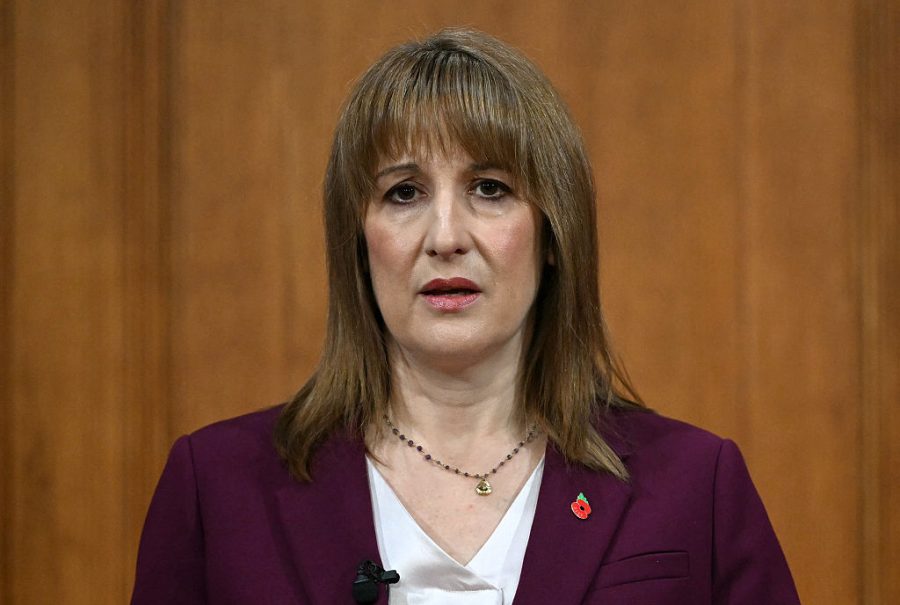If Rachel Reeves was hoping for a glimmer of good news in today’s GDP figures, she has been left disappointed. We now have a whole year of data since she delivered her first Budget, and it does not look good. Labour’s promise to put ‘growth, growth, growth” at the heart of the economy looks increasingly forlorn. She may have to rethink her standard attack line of accusing Liz Truss of ‘crashing the economy’, on the grounds that it could equally well apply to her.
When Labour came to power in July 2024, economic growth was enjoying a fillip – GDP had increased by 0.6 per cent over the previous quarter. The long shadow of Covid seemed finally to be passing. That has all gone now. In the three months to September, the ONS reports, GDP grew by just 0.1 per cent.
But is this actually an error which flatters the situation? Look at the monthly figures in the same ONS release and they show a 0.1 per cent drop in July and September and zero growth in August. Even allowing for rounding, there is no way that that can add up to a 0.1 per cent rise over the three months. When I get an answer from the ONS, whose press office line seems to be jammed this morning, I will let you know.
The ONS release claims that GDP is up 1.3 per cent over the year but is now on a downward trajectory, falling by 0.1 per cent in September. Worse, it is in the production sector where the problems are steepest – damning the government’s energy policy. Production of motor vehicles was down 10.3 per cent over the third quarter – thanks in part to the cyber attack which stopped production lines at Jaguar. Yet that was far from the whole story. Pharmaceuticals were down 4.3 per cent and chemicals down 5.6 per cent.
The long decline in UK manufacturing seems to be gathering pace
The long decline in UK manufacturing seems to be gathering pace. It isn’t hard to find the culprit, with Britain experiencing the highest industrial energy prices of any member state of the International Energy Agency. Sooner or later the government is going to have to stop the pretence that its hurried efforts to decarbonise our electricity grid by 2030 are saving us money. If we reach that year to find our manufacturing industry gone, it will not be a great result.
Serious questions are now going to have to be asked of Reeves’ strategy of providing a running commentary on her thinking for the Budget. She may be thinking that she is helping to roll the pitch for the big day, thereby helping to settle bond markets, but what she has done in practice through constant leaks of proposed tax rises is to frighten the businesses which add growth to the economy. And if businesses are not producing, then the Chancellor is not going to get the tax revenues she expects and craves.
Stamp duty, in particular, has become a living demonstration of the Laffer Curve – sales of homes above £5 million have plummeted in recent months, meaning that stamp duty revenues will likely fall even if the stamp duty rate on additional properties has been raised.
In delaying the Budget to 26 November, Reeves was presumably hoping for some better news. She has been confounded, and now looks more doomed than ever.








Comments